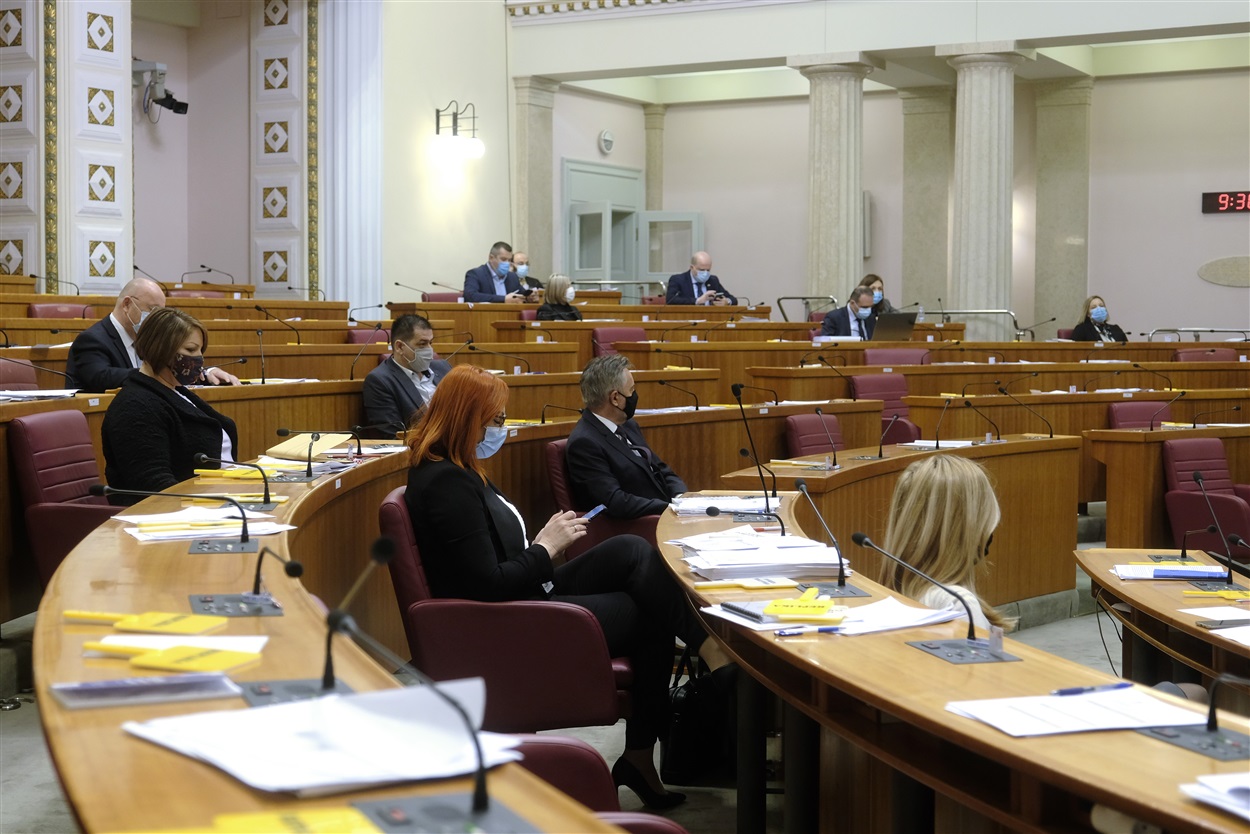
Zagreb - The government on Thursday sent a referendum bill to parliament with the aim to improve the vague referendum legislation, notably concerning referendum petitions by people's initiatives.
The bill aligns the legal aspects of referendums with the constitution, removes the shortcomings and vagueness of the current law, and ensures referendum transparency and openness as well as a more effective influence of citizens in political decision making, Justice and Public Administration Minister Ivan Malenica said at a cabinet meeting.
The bill incorporates recommendations from the Council of Europe Venice Commission, he added.
For the first time, the bill systematically regulates the institute of referendum questions, including which legal prerequisites they must meet, of which the State Election Commission (DIP) will be in charge.
The bill regulates the establishment of a referendum initiative's organising committee and the obligation to register the initiative with DIP.
Signature collection extended from 15 to 30 days
The bill extends the period for collecting signatures petitioning for a referendum from 15 to 30 days and regulates the number of locations where they can be collected. The number will be decided by the local government, depending on the population.
The bill defines what a voter signature is and which signatures are considered valid as well as the signature verification procedure. The number of valid signatures will be published by DIP 30 days since their submission to parliament.
The bill also defines the deadline for calling a referendum. Parliament will be obliged to do so within 30 days of DIP's publication that enough signatures have been collected.
Counterproposal to referendum question will be possible
Following the Swiss model, the bill introduces direct and indirect proposals by the representative body as a result of which parliament, at the proposal of its constitution and political system committee, will be able to initiate within 30 days the formulation of a counterproposal to the referendum question, Malenica said.
For the first time, in line with Venice Commission recommendations, the bill defines who the participants in the referendum activity are and which actions are considered referendum activity.